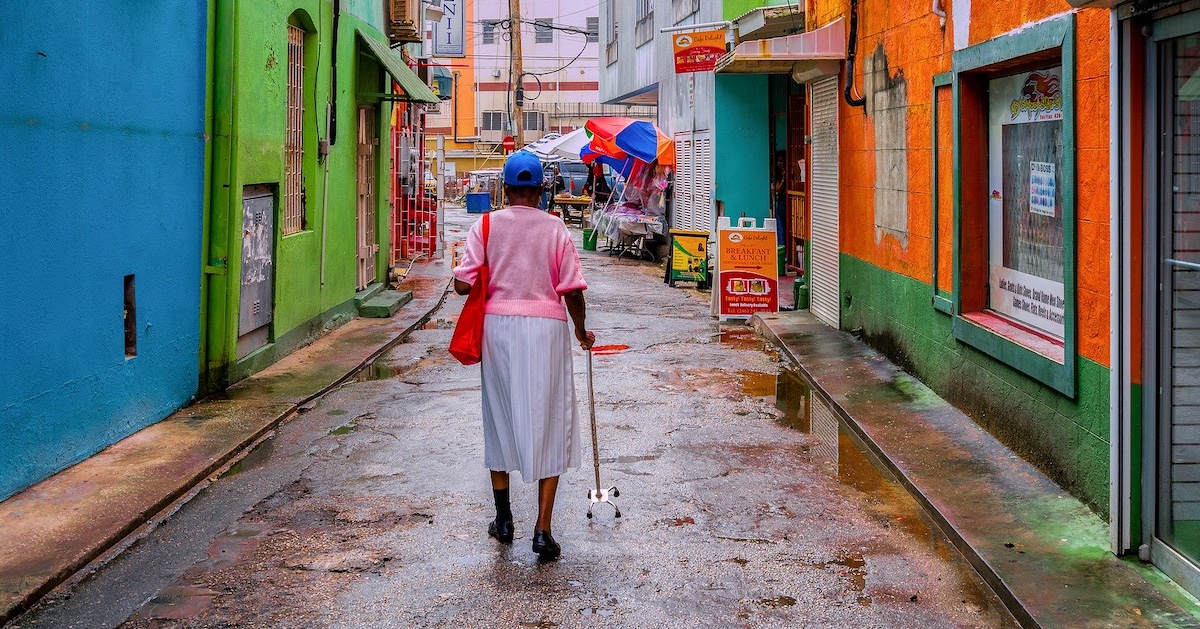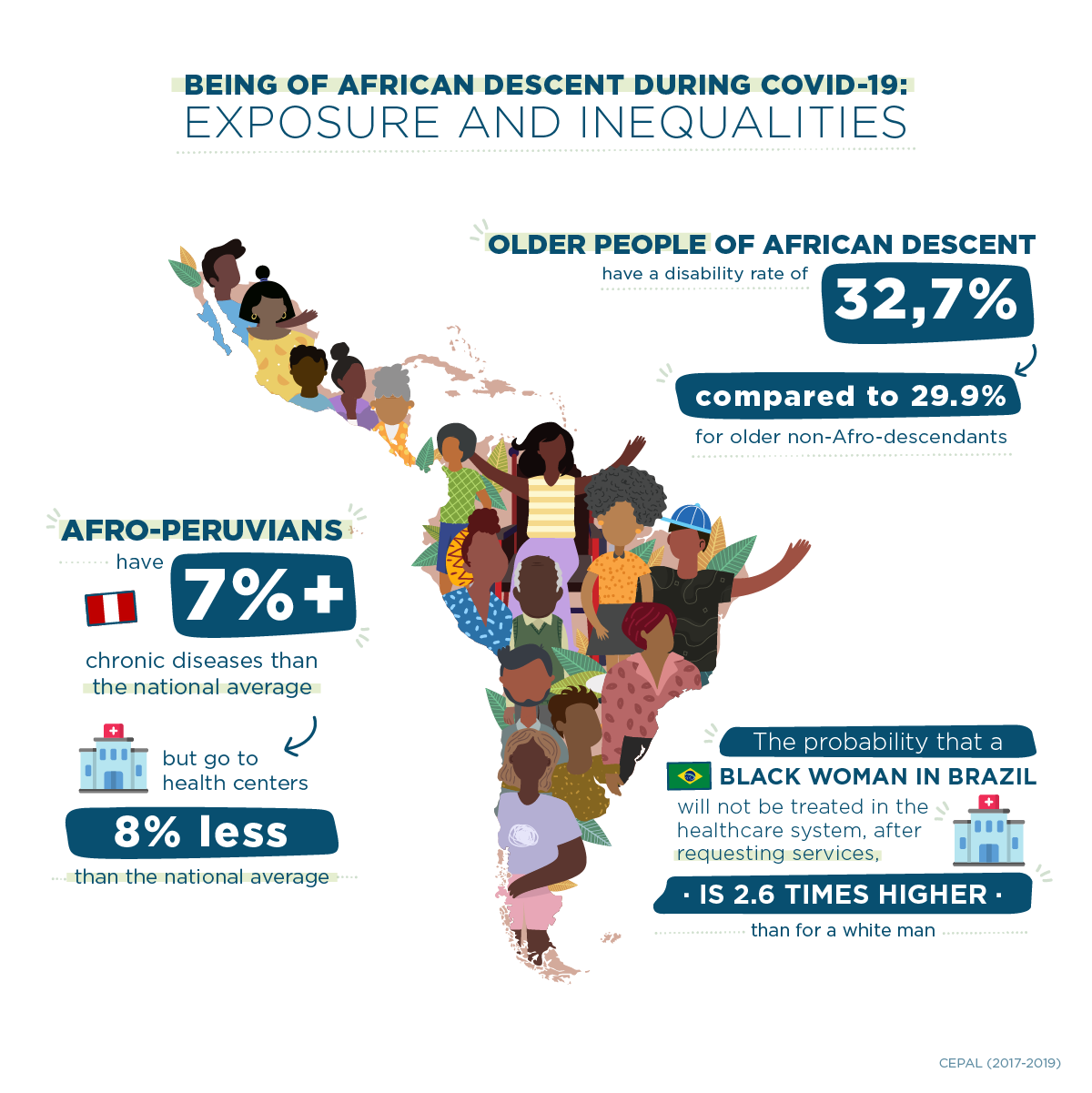People of African descent are less likely to have access to credit and have lower incomes and savings rates.
Note: This blog is part of Lustig, N. & Tommasi, M. (2020). El COVID-19 y la protección social de los grupos pobres y vulnerables. UNDP. (Forthcoming)
Initial evidence that COVID-19 is reaching Afro descendant communities in Latin America is growing. Statistics in Brazil show that Afro-Brazilians are more likely to have severe respiratory symptoms that are lethal (more than 20%), while the Colombian Pacific coast, with a large Afro-Colombian and indigenous population, registered the first cases of coronavirus weeks ago, and all the provinces of Panama have registered cases as well.
People of African descent are often essential front-line workers providing necessary cleaning, transportation, delivery, stocking, and care-giving services. For example, Afro-Uruguayans represent 8% of the population, but one in four Afro-Uruguayan women are domestic workers. According to data on immigrants, 50% of Afro-Panamanians living in the United States are nurses, and nursing is one of the most popular professions among Afro-Panamanian women.
What happens when we combine the over-representation of African descendants in jobs classified as essential with this historically health inequalities?
Challenges and Policy Options
People of African descent are less likely to have access to credit (IDB, 2017) and have lower incomes and savings rates. As a result, they may be less able to stock up on food and household items in times of crisis. People of African descent are also much more likely to be informal and self-employed workers.
The conditions facing Afro-descendants in Latin America are challenging, however, they are not new and there are many policies that governments can take to reinforce the historical resilience of these communities in the region.
- Prioritize the collection of medical care statistics disaggregated by race and ethnicity and in reporting of mortality rates.* The confidentially of these statistics must be ensured to guarantee quality care without discrimination.
- Increase preventive testing, focused on the high-risk Afro-descendant population, specifically in areas with a high concentration of older people and essential workers.
- Extend hand cleaning stations in areas where there is insufficient access to water for hand washing, and where there are many workers in essential jobs.
- Work in partnership with community organizations, civil society, religious institutions, social movements and local governments to ensure that messages reach Afro-descendant communities.
- Disseminate the fundamental but invisible work of Afro-descendants who perform essential service work, such as maintenance, cleaning, care-giving services, delivery and medical support. Sharing this information broadly could foster a greater sense of respect and reduce perceptions of racial discrimination.
- Expand coverage of direct transfers to protect the income of people of African descent who work in the informal sector and do not have unemployment insurance.
- Ensure access to the internet and technology for people of African descent in order to increase the possibilities for distance education, tele-medicine, and remote work.
- Offer lines of credit and selection criteria to prioritize African descendant and local vendors in public procurement processes for goods and services.
- Generate virtual spaces in alliance with the private sector for sales, training, mentoring and business support, aimed at Afro-descendant entrepreneurs to identify new markets and sustain business.
We still cannot determine the extent of the damage of COVID-19 in Afro-descendant communities, however, we know that it is revealing historical inequalities that can and should be resolved equitably for all citizens of Latin America.
* Data from Brazil show racial disparities in relation to COVID-19, however, we also know that 32% of patients do not report their racial or ethnic identity (Correio 24 Horas, 2019).
This article was previously published in ¿Y si hablamos de igualdad?

 Locations
Locations


